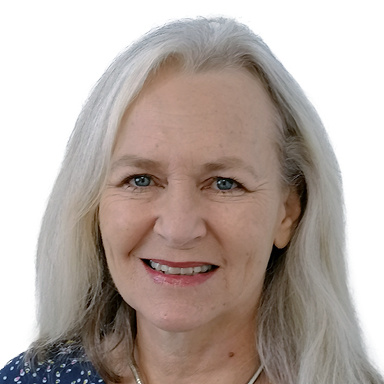Beyond the blues: understanding depression
About 280 million people in the world live with depression, according to the World Health Organization (WHO). Find out the symptoms of depression, and the mental health treatments that are available to manage it and restore your wellbeing.
Despite its pervasiveness, depression is still widely misunderstood. Around 5% of the world’s adults are clinically depressed and the incidence rises to 5.7% in the over-60 age group, as reported by the WHO. People often think of depression as something you can “snap out of”, when the condition is most often more complex and requires professional mental health treatment.
How is depression diagnosed?
Depression differs from a low mood in that the symptoms persist for a longer period. It can affect anyone, regardless of ethnic background or economic status. Women are more likely to be diagnosed with depression because men are less likely to admit their feelings. Most people will experience sadness at some point, but depression is only diagnosed if the symptoms have lasted at least two weeks and there has been a marked change in the individual’s functioning.
Causes
Genetic, biological, environmental, and psychological factors play a role in depression, according to the National Institute of Mental Health (NIMH). This can include a genetic predisposition to depression, family history of depression, stress, negative life changes, a comorbidity of other illnesses, or previous traumatic events in a person’s life. Factors like brain chemistry, medication, and addiction have also been linked to depression.
Symptoms
Ilse Pauw, a clinical psychologist based at Mediclinic Cape Town, lists some symptoms of depression, which may fluctuate from mild to severe:
- Low mood, feelings of sadness or hopelessness.
- Low energy and motivation
- Loss of interest in activities that used to bring you pleasure
- Withdrawal
- Difficulty concentrating, making decisions or remembering
- Loss of libido
- Sleeping more or less than usual
- Eating more or less than usual
- Anxiety
- Slowed thinking, movement or speech
- Thoughts of death or suicide.
Recognising the signs of depression early can help the person from spiralling into more severe illness with an intervention from a mental healthcare professional, who may prescribe medication for depression as well as other mental health treatments, such as counselling.
The key is to look out for the onset of any of the symptoms, says Pauw. In addition, if you’ve had depression before, take note of any depressed feelings that feel familiar, e.g., social withdrawal, and loss of interest or pleasure in things you used to enjoy.
Warning signs
NIMH also highlights other symptoms that can hinder day-to-day functioning:
- Increased anger/irritability
- Engaging in high-risk activities more often
- Increased impulsivity
- Increased use of drugs and alcohol
- Problems with sexual desire and performance.
Mental health treatments for depression
It’s vital to seek support when you’re feeling depressed. Depression is treatable, and a range of depression medications and therapies are available to manage the condition and help you to regain your wellbeing. A mental health professional can help you to find the right treatment. Sadly, many people don’t get help – either because they’re ashamed to ask or they don’t recognise the symptoms.
If you’re struggling with symptoms of depression, speak to your family doctor or make use of the many resources that are available to help you. Several free counselling services are available in South Africa, as well as various helplines that are trauma specific.
Mediclinic is prioritising mental wellbeing by making mental health services more accessible to the broader community. We have dedicated mental health units in Welkom, George, Newcastle, Pretoria, Legae, and Cape Town. Smaller in-hospital care options also exist within some of the acute facilities.
Further publications on the topic
Doctors 1


